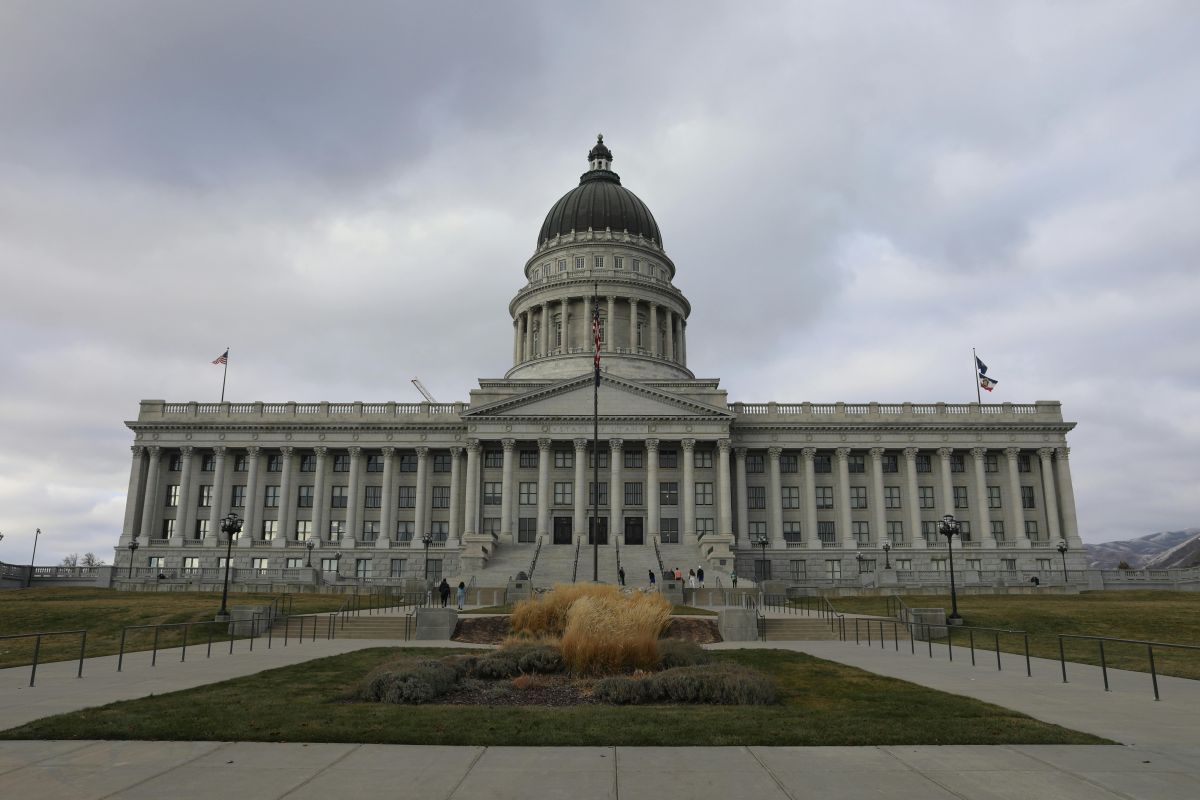Though the 2024 legislative session has ended in some states, others that meet year-round continue to review proposed laws that would have a variety of impacts on the collision repair industry.
New York May Require Community Review of Auto Repair Shop Applications
The New York Senate, for example, in early June passed a bill that would require community review, including a hearing, of all motor vehicle repair shop applicants, sending that bill to the Assembly for consideration.
That same week, the New York Assembly unanimously approved a bill that would require that state’s Department of Motor Vehicles to conduct a study to potentially update the requirements of vehicle safety inspections there, particularly with regard to new vehicle technologies. That bill moved to the Senate for review.
Virginia Enacts Bad Faith Law
Virginia Gov. Glenn Youngkin has signed into law legislation that allows an insurer to be found as acting in bad faith if it fails to pay a reasonable settlement demand made by the insured within the policy’s coverage limits. A 2017 court ruling eliminated the requirement that such decisions be made in good faith. Youngkin signed the legislation after lawmakers agreed to his recommendation that it be amended to require claimants to provide 45 days notice of such a demand and to provide documentation for the insurer to assess.
Michigan Considers Bill to Reduce Registration Fees
The Automotive Service Association has been urging shops in Michigan to contact their lawmakers in support of legislation that could reduce state registration fees and regulatory requirements for auto repairers with multiple facilities if those facilities are in close proximity to one another and are an extension of a main facility rather than operating independently.
“It makes no sense for an auto repairer to have to pay for and go through the process of registering twice for a single business operation just because it operates out of two or more buildings,” said Roy Schnepper, owner of Butler’s Collision in Roseville, MI, and an ASA board member. “Running an auto repair business is a practice in small margins. Every dollar counts.”
Tom Piippo, owner of Tri-County Motors in Rudyard, MI, agreed.
“Anyone who runs a small business knows that time is money, and that adage is especially true for small independent auto repairers,” Piipo said. “Instead of having to go through the renewal process every year, [this bill] would allow me to renew every four years.”
Mississippi, Utah, Illinois Tackle Airbag Sales
Mississippi Gov. Tate Reeves has signed legislation that prohibits the sale or installation of counterfeit or non-functional airbags or other supplemental restraint system parts, and Utah Gov. Spencer Cox has signed into law a similar bill.
Both chambers of the Illinois legislature have passed similar legislation related to airbags. Both chambers also passed a bill that, effective July 2025, requires insurers to provide the policyholder with a brief description of how a total loss determination was made, “including any available repair estimate, estimated vehicle salvage value, assessed market value, and other costs and calculations used.” Either bill becomes law if signed by Gov. J.B. Pritzker.
Kentucky, Connecticut, California, Indiana, Missouri, Maryland Address Various Issues
Kentucky Gov. Andy Beshear this spring signed into law legislation prohibiting insurers from requiring the use of a particular auto glass shop. The new law also requires that glass installers to notify consumers if their vehicles will require ADAS calibrations and whether the glass provider can do those calibrations.
Connecticut Gov. Ned Lamont this spring signed into law a bill that allows required DMV inspections of salvage vehicles to alternatively be conducted by DMV-authorized repairers.
Also this spring, the California Senate approved an amended bill that would require that all new passenger vehicles by model year 2032 be equipped with an alert system to notify the driver if the vehicle is traveling more than 10 mph over the posted limit.
Indiana Gov. Eric Holcomb signed into law a bill that requires anyone purchasing a rebuilt or salvage vehicle to sign a written acknowledgment that the vehicle status was disclosed.
A bill introduced this year in Missouri would require any business repairing a motor vehicle to confirm that vehicle’s registration is current, and prohibit repairs or maintenance if the registration is not current. The bill calls for a fine of up to $300 for violations.
Since insured vehicles are more likely to be repaired following a crash, it’s potentially good news for collision repairers that Maryland Gov. Wes Moore has signed into law legislation that requires insurers to participate in the state’s online verification system for auto insurance policies. About 15.1% of Maryland drivers lack insurance -- about a full percentage point above the national average, according to a 2022 estimate by the Insurance Research Council.
Mississippi, Washington Bills Die
A bill introduced in Mississippi that would have defined a “proper repair” as one performed “pursuant to the OEM repair procedures and using OEM or OEM-equivalent parts that have been properly tested…to meet the manufacturer’s specifications” died in committee.
Some state legislative sessions ended without passage of some bills impacting the industry. The Washington state legislature, for example, adjourned without passing bills that would have given policyholders there the right to call for an independent appraisal when there’s a disagreement about repair costs. The Idaho legislature adjourned without passage of a bill that would have required estimates including non-OEM parts to state that such parts “may affect the safety and performance of your vehicle.” The notice also would have recommended “that you consult with a qualified industry expert or repair shop before making any decisions regarding the use of non-OEM crash parts.”















John Yoswick